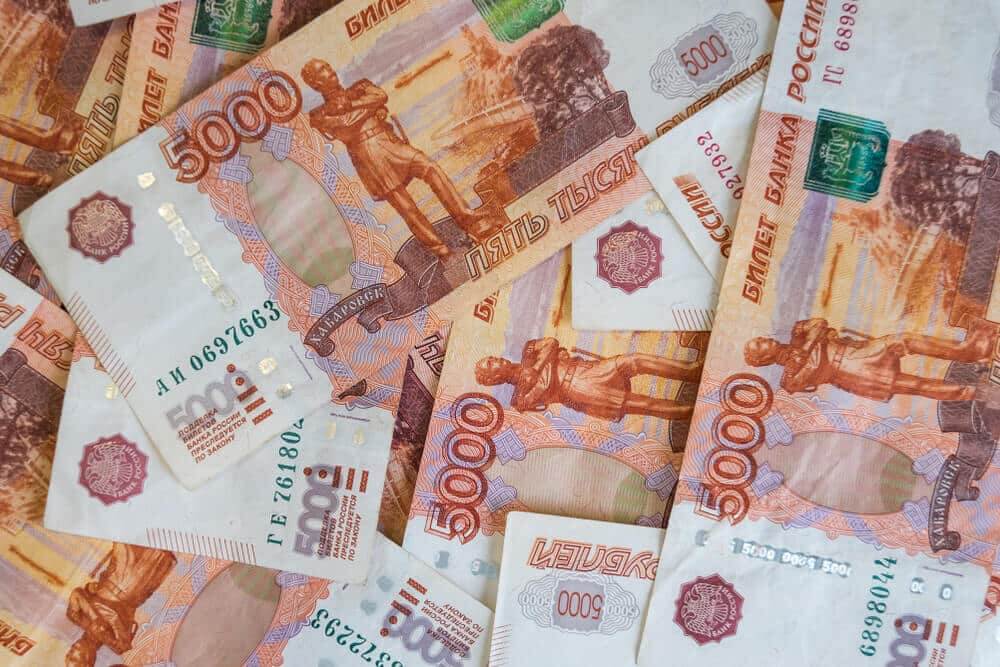Post by: PocketOption on Feb 28, 2022, 03:31 pm

Ruble Collapses: How Hard Did These Sanctions Hit?
Ruble suffers, and investors ditch n asset trading as trading becomes too risky after the western sanctions.
Spreads in the Ruble widened eightfold, and market makers moved from Sydney to Hong Kong. The domestic securities unit of Nomura Holdings said it would suspend buying and selling orders for four mutual funds that include -related assets. Singapore said it would block certain n banks and financial transactions linked to .
Liquidity evaporated due to the tightening of tough sanctions over the weekend, prompting the authorities to act as ’s central bank announced it would temporarily ban foreigners from selling securities. The Moscow Stock Exchange said it would start trading in foreign exchange and currency markets by 10 a.m. local time, about three hours later than usual.
n assets tumbled in the wake of the country’s invasion of e, and the ruble fell, making it the worst-performing emerging market currency in February. Foreign exchange market participants from Sydney to Hong Kong have frozen ruble trading. They ponder the impact of the toughest sanctions on a major economy.
Stock futures slipped on Monday, with European contracts down more than 3 percent. Strategists predict new pressure on banks in the region as sanctions take effect.
Additionally, European banks may face some pressure on Monday over their ties to . They are concerned about what it would mean if payments were restricted.
Austrian banks have the largest exposure. n counterparties account for 1.6% of bank assets, followed by Italy with 0.6% and France with 0.2%.
What’s The Future Of Ruble?
National Australia Bank Ltd.’s Ray Attrill Sydneysiders sat at their desks throughout Sunday, bracing for Monday’s volatility.
The Ruble is quoted locally in the range of 114-119. Thus, if sanctions are successful, the n central bank may be “powerless” to defend the Ruble.
Matthew Simpson, the senior market analyst at City Index, said CME ruble futures opened down more than 30 percent. However, some traders are now starting to leak.
The Ruble plummeted as tough sanctions and restrictions on ’s central bank went into effect. With CME futures down more than 30%, ns have to line up at ATMs across the country right now.
The post Ruble Collapses: How Hard Did These Sanctions Hit? appeared first on FinanceBrokerage.
Source: Ruble Collapses: How Hard Did These Sanctions Hit? (https://www.financebrokerage.com/ruble-collapses-how-hard-did-these-sanctions-hit/)